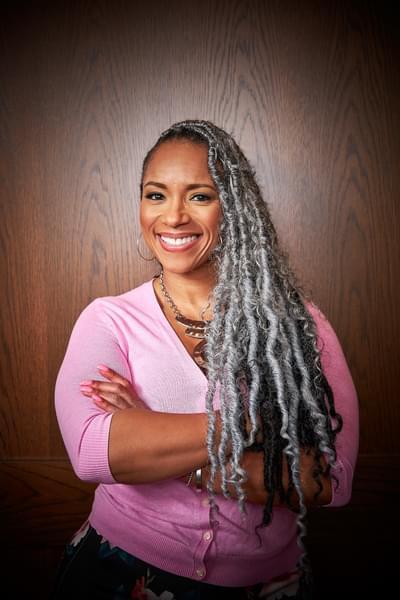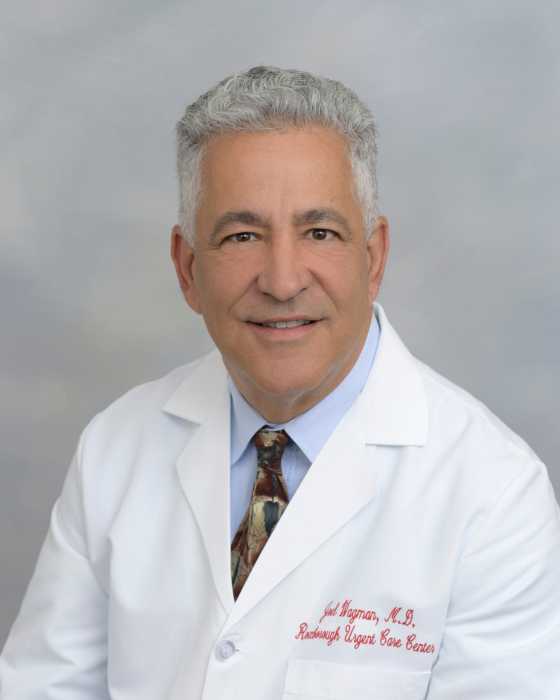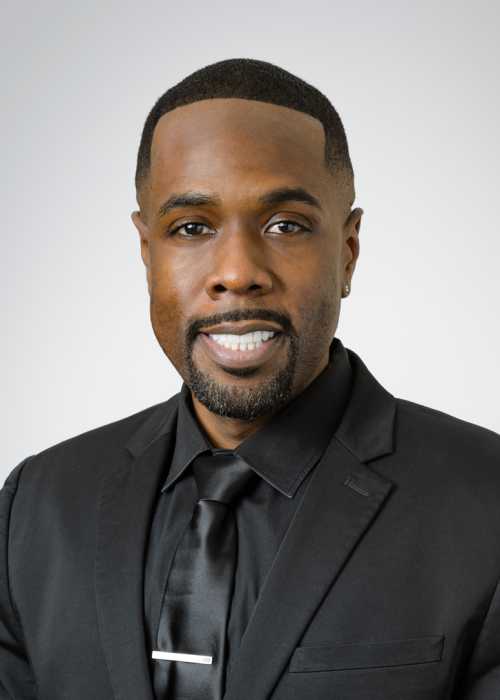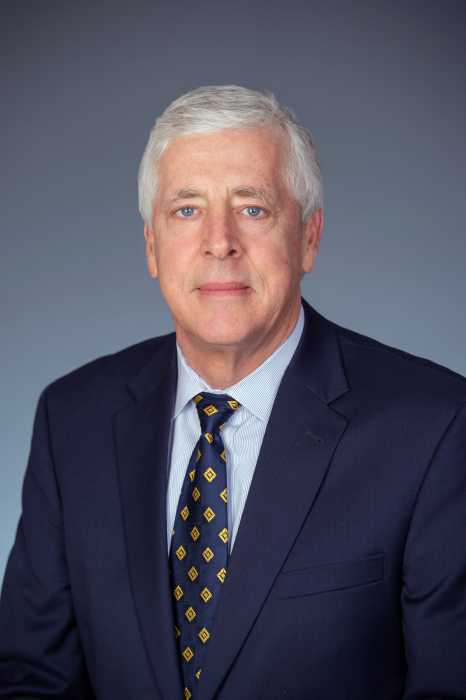Sebrina Tate began her career as a social worker, committed to ensuring child welfare and safety. Today, she has 30+ years of experience, working in diverse roles across multiple domains, including mental/behavioral health, housing, education, social services, and community relations. A Philadelphia native, Tate earned a Bachelor of Social Work from Temple University, a Master of Social Work from Howard University, Master of Criminal Justice from Saint Joseph’s University, and certificate in LGBT Health Policy and Practice from George Washington University.
What’s your favorite thing about working in health care?
One of the biggest rewards, and my favorite thing about working in health care, is creating pathways to access. Access to high quality, culturally responsive health care is critical to an individual’s overall well-being and quality of life. Striving to ensure access and provide high quality services, while treating people with dignity and respect, fills my soul. At Bebashi, our core values and mission are grounded in these principles.
What are the biggest issues facing the health care system in Philadelphia?
Philadelphia is a city of Eds and Meds. This region is super-resourced with premier healthcare facilities and research/educational institutions. Yet, the city’s most vulnerable populations often are not beneficiaries of this resource. Lack of access to quality care and affordable health insurance, compounded with culturally dismissive care and bias, are obstacles Philadelphians face when trying to get and stay healthy. Unfortunately, the intersectionality of these factors yields poor health outcomes for many of our citizens.
What does the future of health care in Philadelphia look like to you?
Holistic, community-based care. I believe the large, prominent health care systems are beginning to understand the need to meet people where they are, in their communities, with specialized and comprehensive health care options. From clinical and diagnostic services to nutrition support. Optimistically, I see this as a key component of progress towards closing the disparity gaps in health care. Collectively, we can move the dial towards equitable care. Ultimately, we want Philadelphians to live longer, healthier lives.









